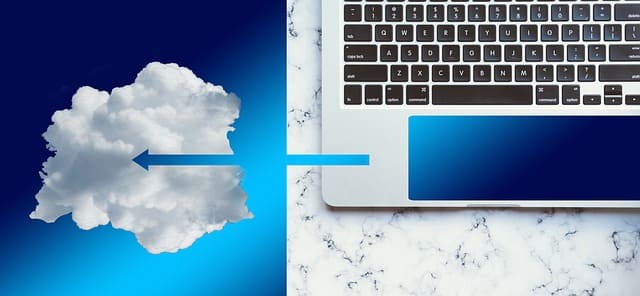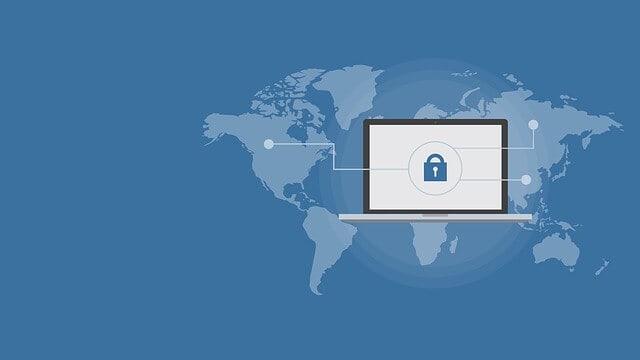What is PSaaS? #
Physical security as a service or PSaaS is a cloud computing solution for businesses to free the load of internal management of their people and buildings security. It is also, one of the many physical security measures a company can adopt.
The traditional way of protecting an office building with a security guard, an on-site access control and video surveillance system has been upgraded with the advent of SaaS. Just as SaaS transformed many aspects of internal IT management, it also provided integrated physical security solutions, where a cloud-based interface is used to help the user manage doors, locks and other aspects of physical security from a simple web or mobile dashboard, while leaving the heavy duty IT support to physical security specialists.
With the advancement of SaaS technologies, companies can outsource a part or the full scope of their physical security needs to “managed services in the cloud”. If you think of managed services for physical security, they have been on the market for several decades with alarm monitoring services. However, alarm monitoring was only good enough for physical security of environments with low level of data exchange, less time pressure and fewer demands on the IT infrastructure.

Nowadays, we like having more control over how we manage various aspects of life from a computer. PSaaS warrants that possibility in the domain of keeping our buildings secure, by introducing simple applications that support various aspects of physical security as an on-demand flexible, pay-as-you-go service.
How does PSaaS work? #
Instead of concentrating on hardware and software ownership for users, PSaaS applies the service delivery method to lower costs for the vital physical security needs. It combines cloud, mobile, wireless and smart technologies into a service system that drives company security toward economic transformation of business models with improved flexibility and convenience.
The main point of physical security as a service is that you can access your security system from anywhere, anytime and from any device, being ready to react quickly to security incidents. The scope of cloud services can include any aspect of the physical security on your premises; complex installations of network infrastructure and continuous support by locally employed staff are replaced by cloud delivery.

You can choose between do-it-yourself and off-site services, saving a lot of your budget that was previously assigned to periodical hardware replacement. Integration with mobile technology eliminates the need for many of the access control components used in the past. A smartphone can take the function of a key fob or a smart card. This can wipe off a large chunk of the costs dedicated to hardware and wiring. It’s up to the user to decide on how much of the physical security needs remain internally managed, and how much will be put in charge of the PSaaS provider.
What is the difference between PSaaS and ACaaS? #
Access control is a way to protect the security of a physical environment by setting authorization and authentication rules, as well as by physical barriers. However, the access control system serviced by an ACaaS company can include additional services, such as logical access control.
For clarity, it’s important to make a difference between logical access control and physical access control. Logical access control refers to the computer identification, authentication and authorization protocols, and is about the wider meaning of access control. On the other hand, physical access control refers to the way a company uses keys, tokens and cards to grant access to certain premises.
Most companies interested in physical security as a service like getting comprehensive security solutions. They want to be able to stay in charge of specific physical security aspects, such as assigning badges or locking the server room, but leave the time-consuming monitoring and reporting to cloud-service providers. The trend is toward staying mobile and secure at the same time while decreasing costs by limiting purchases of hardware pieces.

